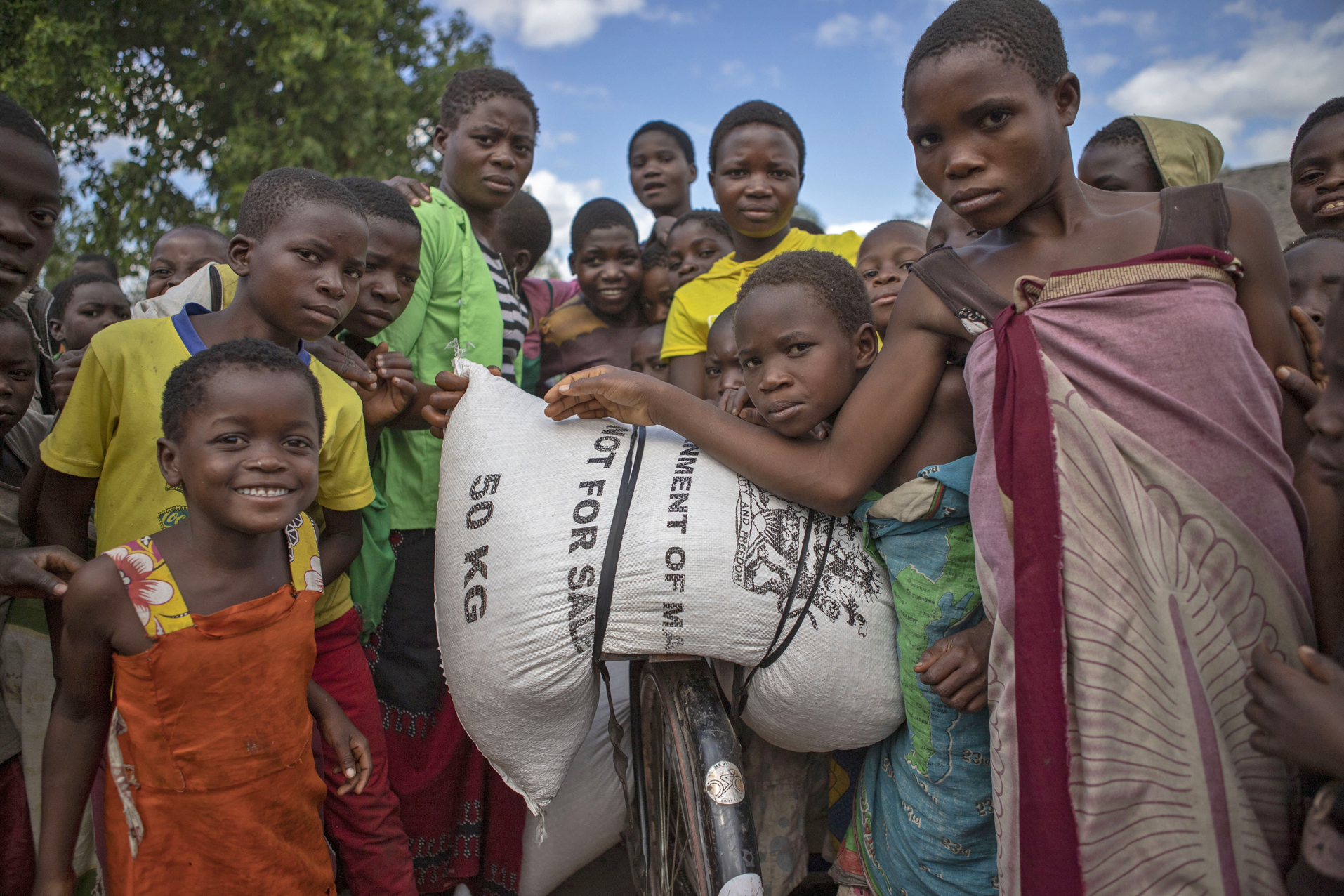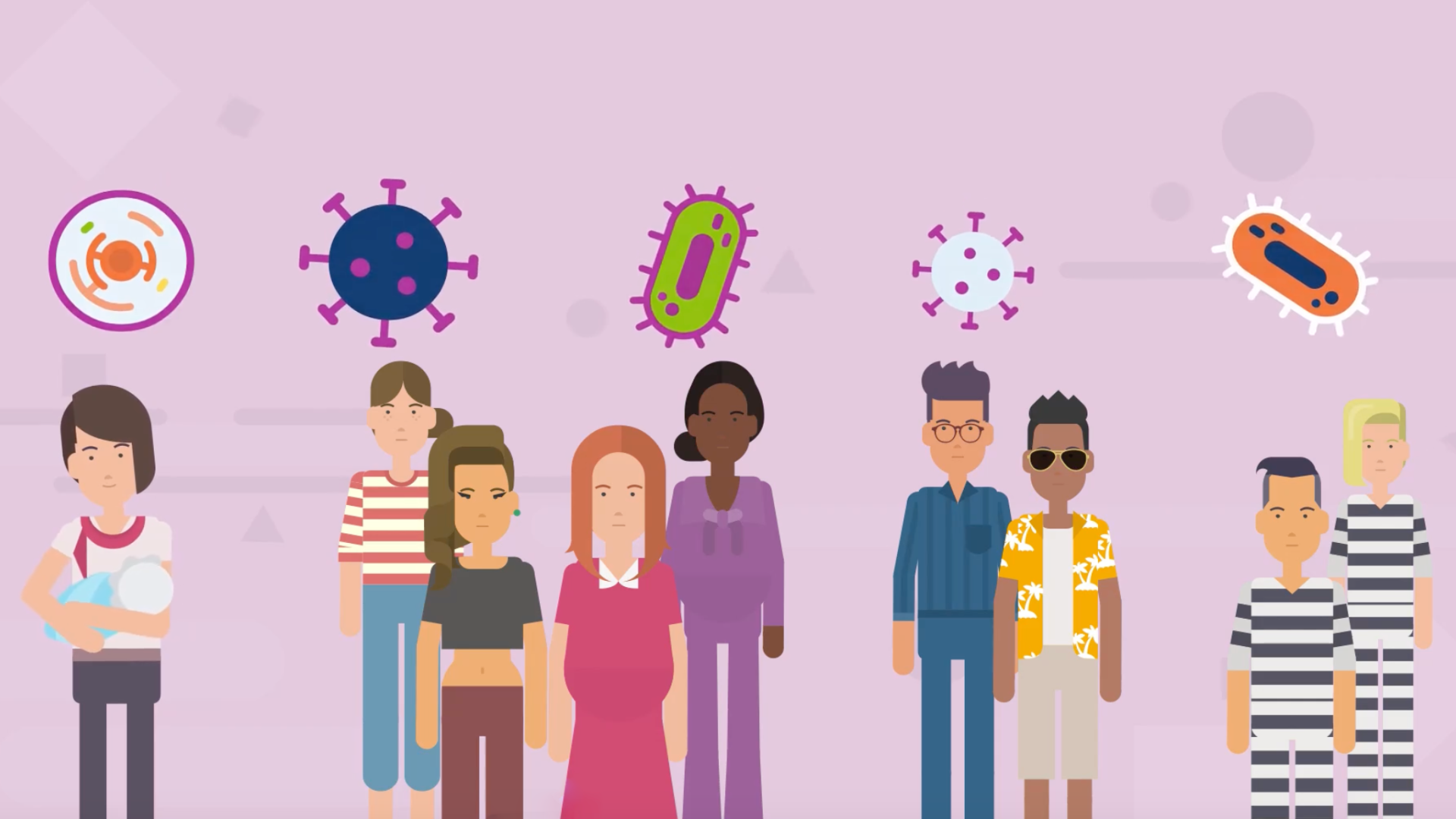
/global-hiv-hepatitis-and-stis-programmes-(hhs)/lusophone-country-collaboration-banner.tmb-768v.png?sfvrsn=83494cc1_3)
Lusophone countries collaboration to eliminate HIV, hepatitis, STIs and TB
Portuguese-speaking nations, home to over 270 million people, face significant public health challenges, including the goal of eliminating HIV, sexually transmitted infections (STIs), hepatitis, and tuberculosis (TB) by 2030. However, many struggle with limited access to essential resources, often due to a lack of materials in Portuguese.
This webpage serves as a platform to promote the elimination of HIV, viral hepatitis, STIs, and TB in Lusophone countries through the dissemination of information, resources and experiences between countries.
Explore the latest resources, join upcoming events, and access national guidelines on combating these diseases.
News and features
Webinars and events
Eliminating HIV, viral hepatitis, sexually transmitted infections and tuberculosis...
Participating countries
Global guidance
The Guidance on evidence generation (GEG) on new regimens for tuberculosis treatment is a first-of-its-kind document that advises researchers, developers,...
Priorities in planning person-centred hepatitis B and C testing services: operational guide
This operational guide on viral hepatitis testing services provides support to countries in developing policies and practices that define a ...
These guidelines outline a public health approach to strengthening and expanding HIV testing services (HTS). They present and discuss key updates...
Updated recommendations for the treatment of Neisseria gonorrhoeae, Chlamydia trachomatis, and Treponema...
The objectives of these present guidelines are: to provide updated evidence-informed guidance on treating infections caused by N. gonorrhoeae and C. trachomatis...
This report is the first of a series of biennial progress reports on the implementation of the Global health sector strategies on HIV, viral hepatitis...
Introducing a framework for implementing triple elimination of mother-to-child transmission of HIV, syphilis...
Triple elimination of mother-to-child transmission (MTCT) of HIV, syphilis and hepatitis B virus (HBV) requires a person- centred service delivery approach...
/global-hiv-hepatitis-and-stis-programmes-(hhs)/guidelines-on-hiv--hepatitis-and-stis-for-key-populations.tmb-144v.png?sfvrsn=e427e1d3_6)
Consolidated guidelines on HIV, viral hepatitis and STI prevention, diagnosis, treatment and care...
The Consolidated guidelines on HIV, viral hepatitis and STI prevention, diagnosis, treatment and care for key populations outline a public health response...
Consolidated guidelines on HIV prevention, testing, treatment, service delivery and monitoring: recommendations...
These consolidated guidelines on HIV prevention, testing, treatment, service delivery and monitoring bring together existing and new clinical and...
National guidance
Please consult the page in Portuguese to access national resources and guidance.
Country profiles
HIV Country Intelligence
HIV Country Intelligence
Tools and toolkits
/global-hiv-hepatitis-and-stis-programmes-(hhs)/hivst-zimbabwe-afro-nologo-1920.jpg?sfvrsn=a70f3d5b_2)
Self-testing implementation toolkit for HIV, hepatitis C and syphilis

Training
Disclaimer
The provision of national guidance and other materials, including links from other websites is provided for your convenience and does not indicate endorsement of those materials or sites by WHO. WHO accepts no responsibility for the validity or accuracy of their content. The mention of specific companies or of certain manufacturers' products does not imply that they are endorsed or recommended by WHO in preference to others of a similar nature that are not mentioned.






/global-hiv-hepatitis-and-stis-programmes-(hhs)/collaborative-actions-en1.tmb-549v.png?sfvrsn=8903764_4)




